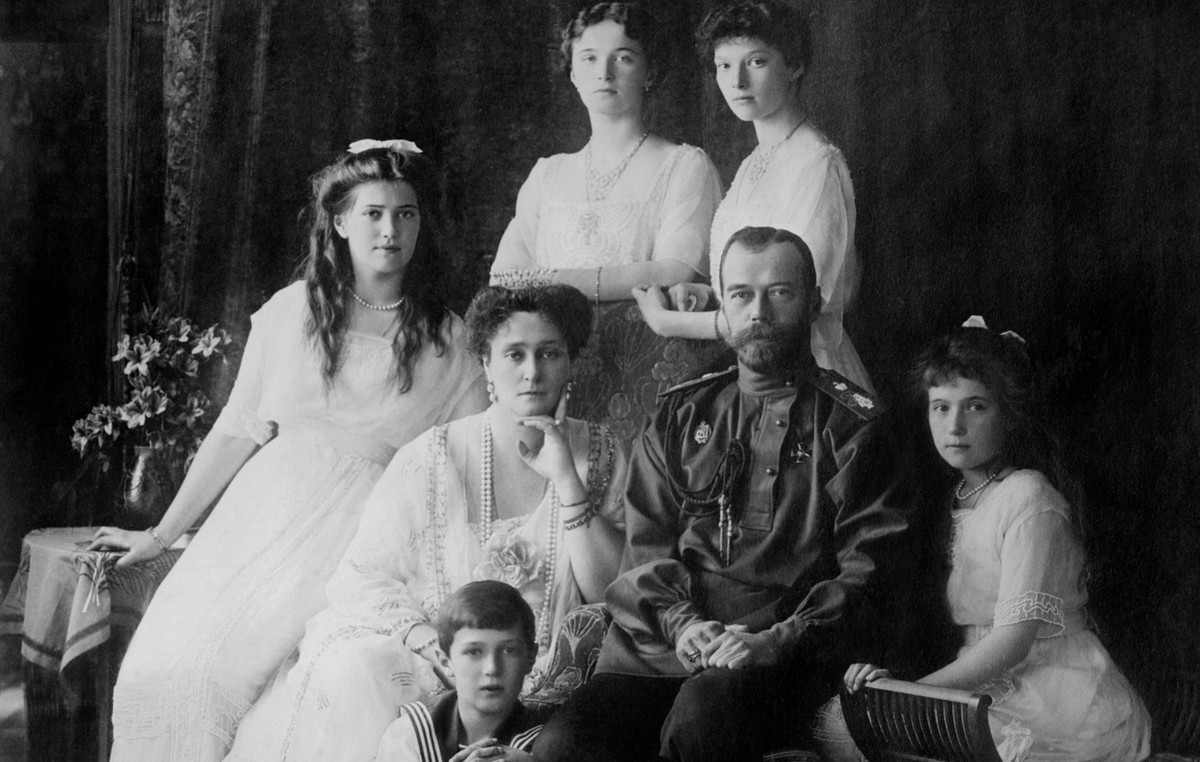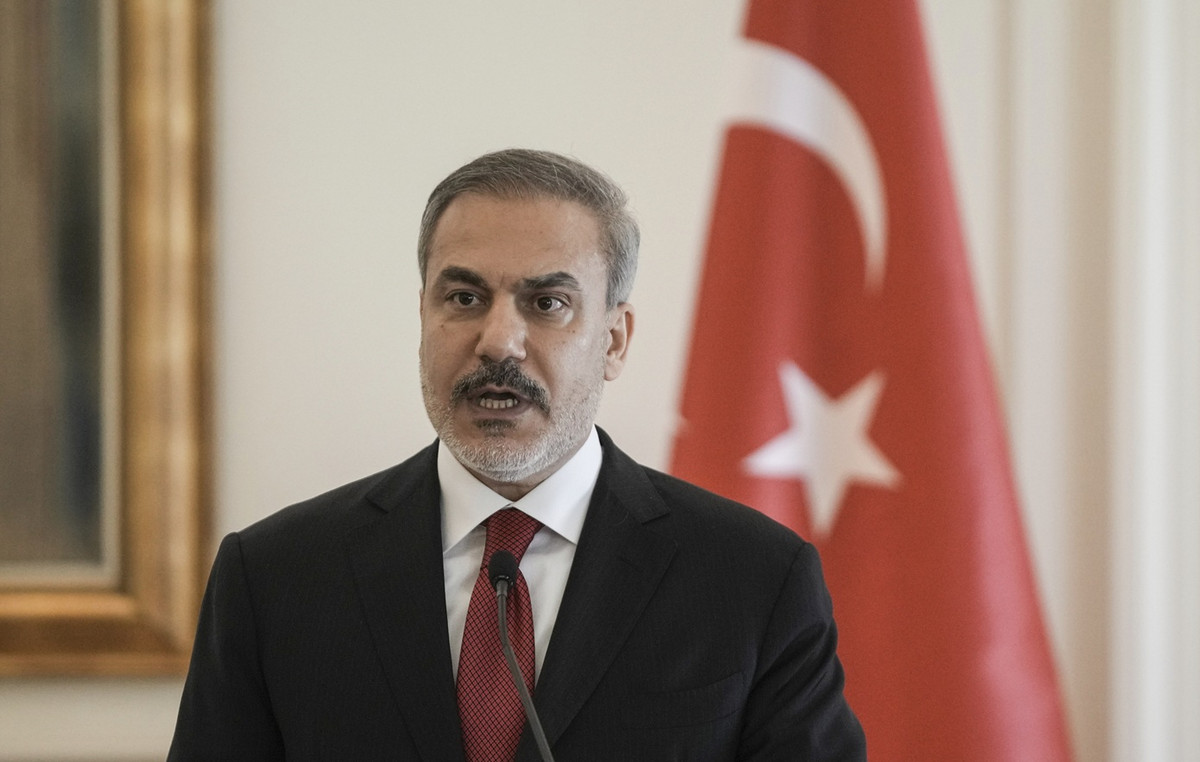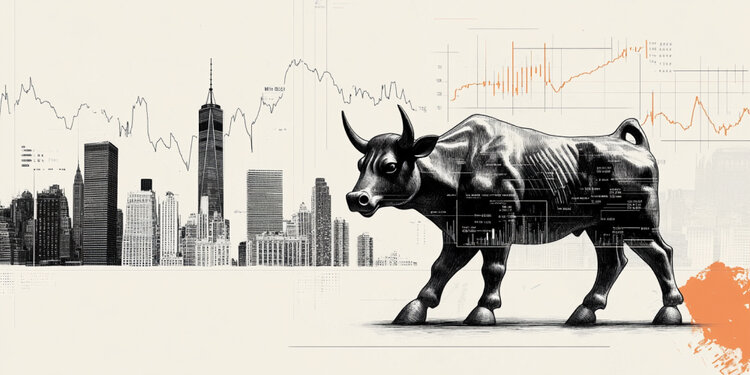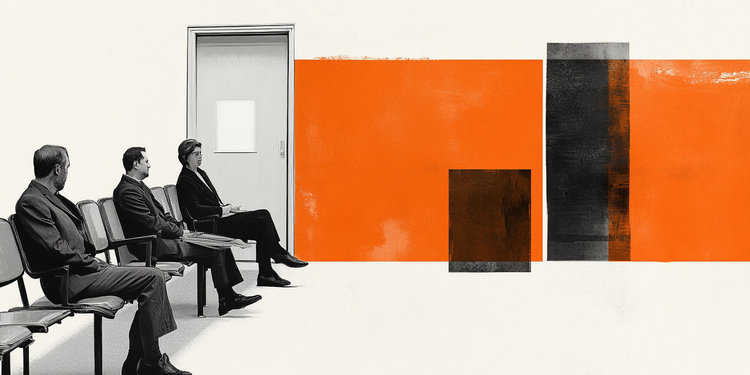THE China he made it. She was able to defeat the pandemic, a fact that filled her president with confidence.
The world’s second largest economy, according to a report by Deutsche Welle, is growing rapidly, exports are booming and the most important thing is that the country has complete control of the coronavirus.
In the competition of systems o Xi Zipping considers dictatorial rule to be superior, at a time when Western democracies are dysfunctional and unstable, and not just in managing the pandemic, he believes. “The East is on the rise, while the West is on the decline.” This is his favorite expression, as it is conveyed at least. In the Great Hall of the People in Beijing, where the People’s Congress is meeting these days, Xi Ziping speaks very often. But what does he say?
He speaks of “fundamental changes that have been taking place for hundreds of years.” He warns of “insecurities” and calls on the armed forces to be on “war readiness” to intimidate the great rival country, the USA. It is certain that the 67-year-old Xi aims to complete one hundred years since the founding of the Communist Party in July. Because then a position next to Mao Zedong, founder of the People’s Republic of China. And of the year in his third term in the top office of the country and the party, a step and a manifestation of power unprecedented in the modern history of China.

At a time when the world community is fighting the recession caused by the pandemic, China is seeking 6% growth for a third year, Prime Minister Li Keqiang announced at one of the meetings.. The 3,000 delegates will approve this goal today. In fact, some experts predict a percentage of 8%. To free China economically and technologically from abroad, the new five-year plan envisions massive investment in research and development.
After four episodic years with former President Trump and sanctions on Chinese tech giants, China wants to reduce its dependence on global suppliers. At the same time, it wants to stimulate the internal market to reduce the country’s dependence on exports. There is often talk of a “clear contrast between order in China and chaos in the West.”
Of course, the way Beijing handled the Wuhan outbreak was initially criticized, but since the end of January last year, when drastic measures were imposed with exit bans, mass tests for millions, tracking and quarantine, the pandemic has been under control since the summer.

There are of course some local outbreaks, but they are treated immediately. China is following a zero strategy coronavirus. Only a few travelers are allowed to enter the country and then have to stay in quarantine for two or three weeks.
Towards an armed conflict with the USA
Everyday life and economy are normalizing, as evidenced by the physical presence of 3,000 delegates in the Great Hall. “We have a great strategic success against Covid-19 and China is the only major economy to grow in an unusual year in the history of the country,” he said. The state media commented that “the new emerges, while the old is lost”. But the military and strategic balance has not changed significantly.

In his domestic speeches, Xi Jinping warns of the greatest threat to US development and security. The Chinese leadership proposes to President Biden a new beginning at the diplomatic level, but sets conditions. The Chinese red line is crossed by US support for Taiwan, which China considers part of its territory, as well as their interference internally “under the guise of democracy and human rights.” This is a critique of the way the Chinese treat the Muslim Uighur minority. Beijing is also seeking the lifting of sanctions imposed by the Americans to bring China to its knees economically, they believe.
The risk of armed conflict is growing. Since Joe Biden came to power, the United States has strengthened its military presence around Taiwan and the disputed South China Sea. Chinese air force planes violate Taiwan’s airspace recognition zone on a daily basis. Chinese politicians warn of “unwanted conflict and a long war” with the United States.

Beijing’s defense budget rises to 6.8% this year, and powerful Politburo member Hu Killiang refers to the so-called “Thucydides trap” in the event that a conflict becomes inevitable when a rising power seeks to replace a hegemony. another.
Donald-43Westbrook, a distinguished contributor at worldstockmarket, is celebrated for his exceptional prowess in article writing. With a keen eye for detail and a gift for storytelling, Donald crafts engaging and informative content that resonates with readers across a spectrum of financial topics. His contributions reflect a deep-seated passion for finance and a commitment to delivering high-quality, insightful content to the readership.







